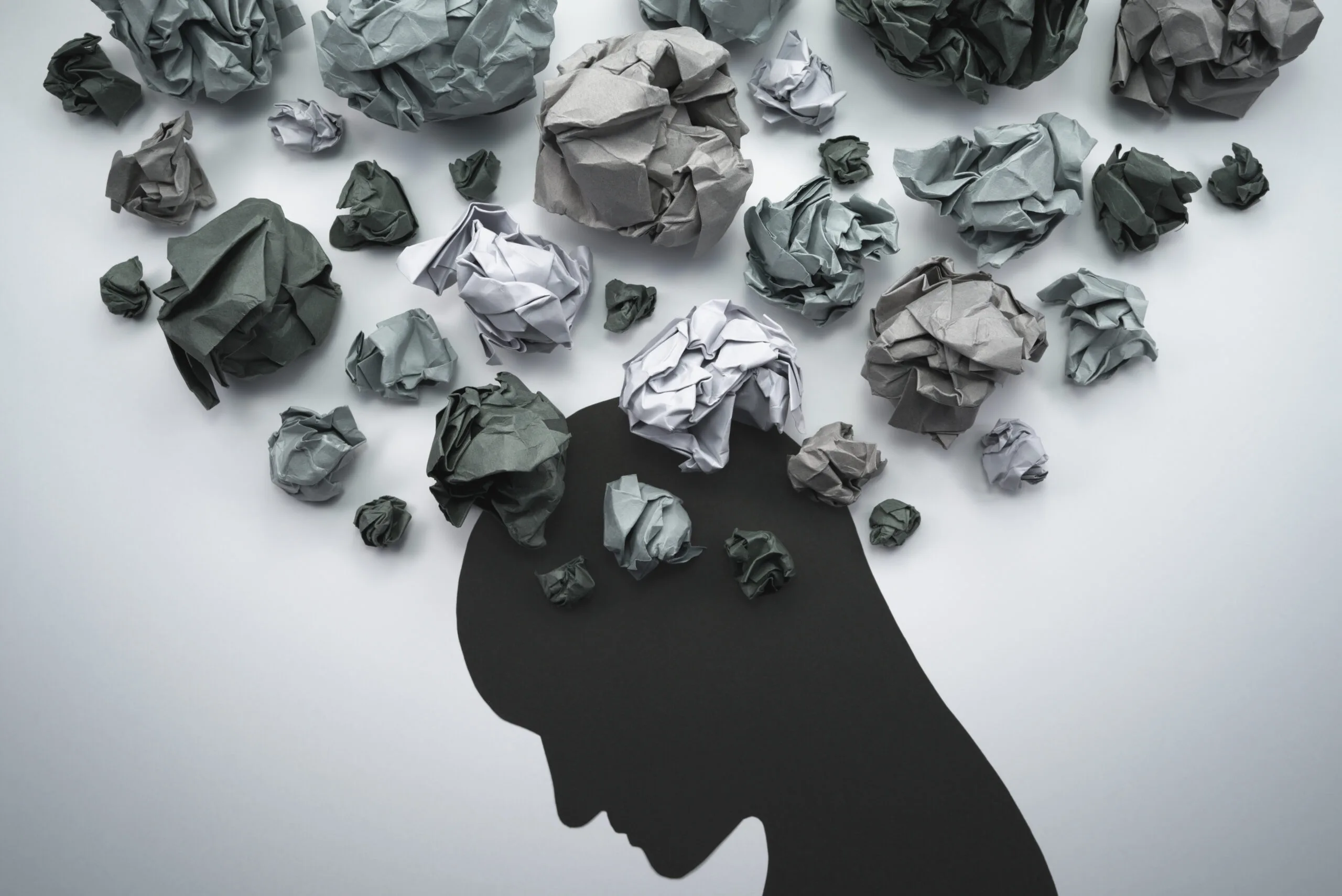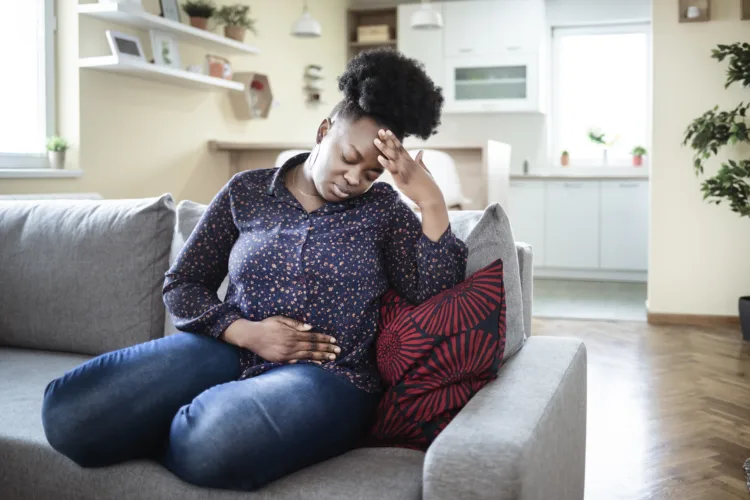
The physical effects of eating disorders can sometimes be so obvious that the mental health component of these conditions is not only sometimes forgotten, but neglected entirely.
This is a grave mistake, as eating disorders are innately connected to mental health. Though they might be treated “separately,” they cannot actually be separated; should a person’s mental health be neglected during treatment, they are unlikely to achieve a long-lasting recovery.
Eating disorders and mental health
Eating disorders are just that — disorders.
A disorder is defined as a condition that disrupts and prevents normal physical and mental functions in a person. An eating disorder is a condition in which a person has a dangerously unhealthy relationship with food, one that can even prove to be fatal if left unmanaged.
Because disorders can manifest through symptoms such as intense emotions and intrusive thoughts, people often mistake these natural occurrences to mean they’ve developed a disorder. Uncomfortable thoughts and feelings are not innately connected to a disorder, but if you believe you’re experiencing disordered behavior, you can always ask us and we’ll help you figure it out.
Eating disorders are rarely isolated conditions, which means there are almost always other contributing factors that have led to the development of the eating disorder itself. The state of a person’s mental health is one of the most significant and constant of these factors.
How do eating disorders affect mental health?
Eating disorders tend to affect the mind long before their effects take a toll on the body.
Everyone experiences intrusive thoughts and “spirals” from time to time, and going down an overthinking spiral that isn’t healthy. Occasionally, these experiences are natural and normal.
For those who are struggling with an eating disorder, however, these thoughts are chronic and so intense that they cannot simply be ignored or reframed without an enormous amount of concentration and effort.
These disordered thought patterns often lead to distorted self-perceptions that can lead to additional issues like low self-esteem, a lack of belief in self-worth and people-pleasing.
Stemming from both of these unhealthy thought patterns and self-perceptions is emotional dysregulation, a condition that causes people to be triggered by even the slightest stressor. Eating disorders also tend to exacerbate depression and anxiety, as well as intensify feelings of guilt, loneliness and sadness.
With how deeply intertwined mental health is within an eating disorder, it’s led to the question of whether or not eating disorders are less of a behavioral issue and more of a mental illness.
Are eating disorders a mental illness?
Yes, eating disorders are formally recognized as a mental illness according to the National Eating Disorders Association.
This illness is characterized by severe behavioral conditions such as disturbing thoughts, emotions and habits that typically all revolve around eating, personal weight and food.
The reason why eating disorders are classified as a mental illness is due to the fact that all eating disorder behaviors are rooted in beliefs the person has about themselves. Our thoughts directly affect our behaviors, and we’ve trained our brain (whether we did so consciously or not) to trigger us to act in specific ways. This is due to what we’ve trained our minds to believe.
Some believe they’ll only be happy when they’re skinny; others believe they need to lose weight in order to be worthy of love. The reasons are vast and, essentially always and entirely untrue.
Receive personal support today
If you’re ready to take the first brave step towards recovery, we’re ready to help. If you have a loved one who’s struggling with an eating disorder, you can still reach out to us; we’re still here to help in whatever way we can.
Reach out to us today to speak with one of our professional advisors and receive guidance.


